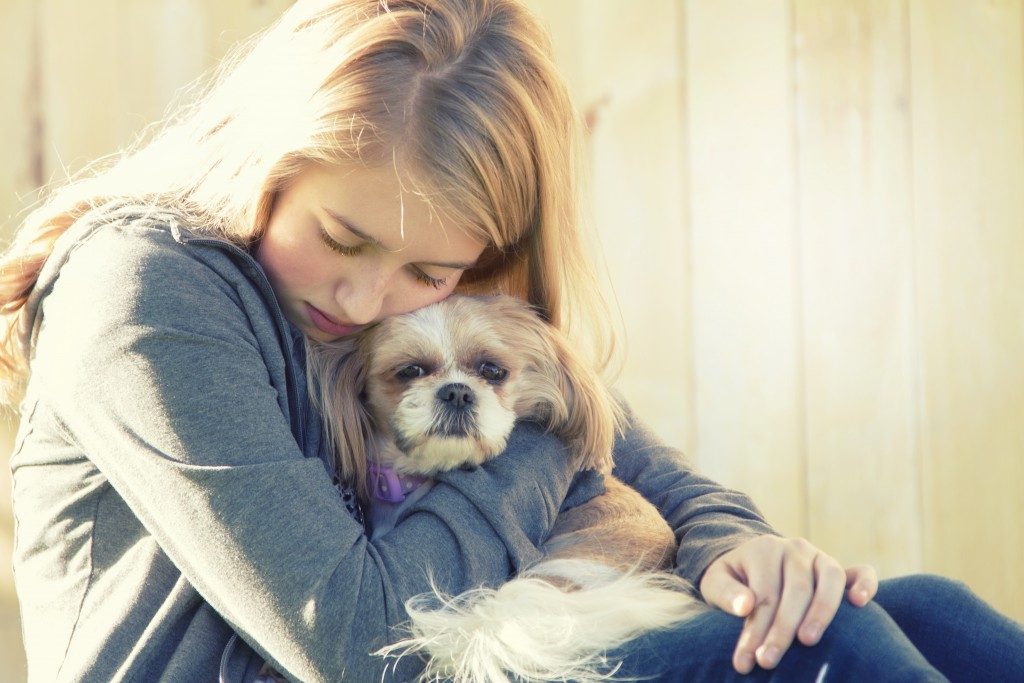Coping with the death of a pet is probably one of the most challenging parts of pet ownership. Veterinarians, friends, and family members all play a role in helping a bereaved pet owner grieve and memorialize their fallen animal companion.
Service lies at the heart of building client loyalties for your veterinary practice. Do your job well, give the best care you can to your patients, and your clients will be grateful for your support. Promotional products can call attention to your practice, and a few tokens to show your appreciation can help strengthen relationships with clients and their pets.
With luck, you and your client would enjoy a fruitful long-term professional relationship, ensuring the health of their beloved animal companions in the process. However, life does not last forever. Whether through accident, disease, or old age, time will come that a pet would reach the end of their lives.
Even the best that modern veterinary science can offer cannot always delay the inevitable. And sometimes, putting an animal friend down is better than prolonged suffering.
The death of a pet can be a traumatic time for families, and for many, the grief of a lost pet heaves as heavily as the loss of a person, if not more so. A veterinary professional is in a position to guide the grieving pet owner and their loved ones through the grieving process and can suggest ways to express grieving in healthy ways.
Facing Loss
How the animal perished leaves a mark on the grief that a pet owner experiences. Given the short lifespan of many animal companions compared to humans, it is often inevitable that an animal dies of old age. A pet owner may feel a pang of heaving guilt, however, at the loss of their animal companion if they have reason to believe that the pet was taken before their time. They may, for instance, believe that their neglect or ignorance caused their pet’s demise.
Putting a pet to sleep once diagnosed with an incurable terminal condition is perhaps one of the heartbreaking moments a pet owner could face. The decision to euthanize an animal companion is often one that haunts a pet owner, who may be wracked by guilt by it.
Grieving pet owners need to be reassured that regardless of their decisions, their pets would have loved and cherished them and that they shouldn’t blame themselves.
For children, losing a pet may be even more heartbreaking because it represents their first experience of loss. Parents should take this opportunity to comfort their children and explain the matter in the most honest way they could in a way they would understand.
Expressing Grief
 To help your clients grieve and move on healthily, you can recommend means for them to express their grief healthily and, as needed, recommend support groups for them to find solace through rapport with others who experienced the same loss.
To help your clients grieve and move on healthily, you can recommend means for them to express their grief healthily and, as needed, recommend support groups for them to find solace through rapport with others who experienced the same loss.
Some might find comfort in holding memorial services for their animal companions, funeral services to say goodbye to their beloved animals. Others might also find reminiscing their pet and cherishing keepsakes. You may recommend having mementos of the beloved animal made and preserved forever.
Finally, you may be approached by the loved ones of clients deeply affected by the loss of the animal companion. Whenever the opportunity presents itself, you should give them appropriate advice to help their loved one cope with the loss. Tell them not to devalue the sorrow their family member is experiencing and to be there for them when needed. Much like with human loss, people grieving at the loss of a pet should be allowed to let the grief take its course and to express their sorrow in a way they feel appropriate.
